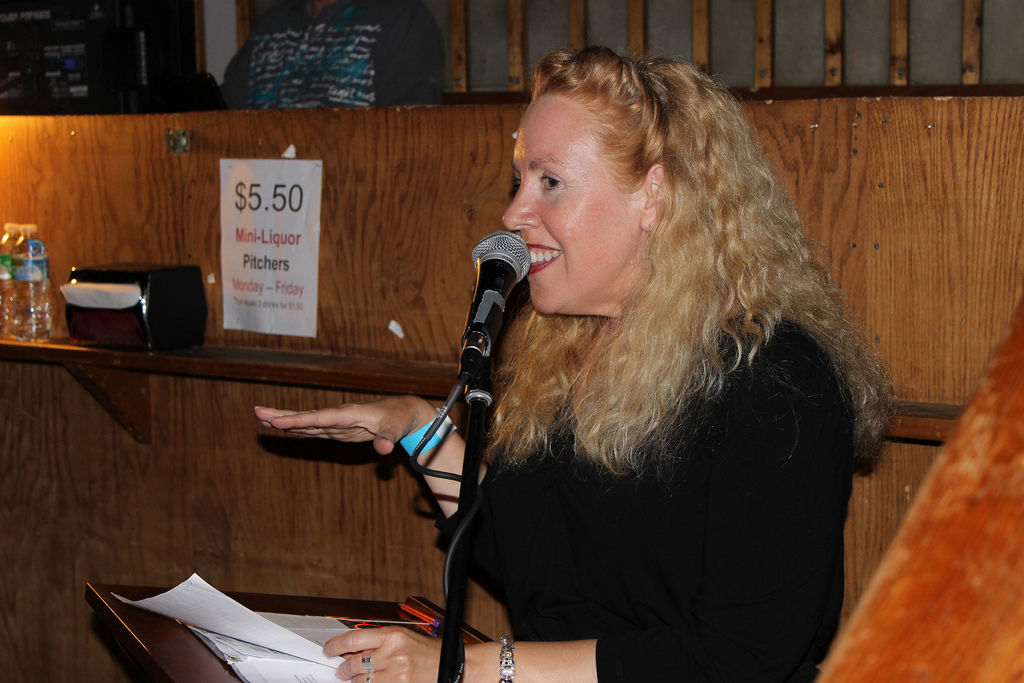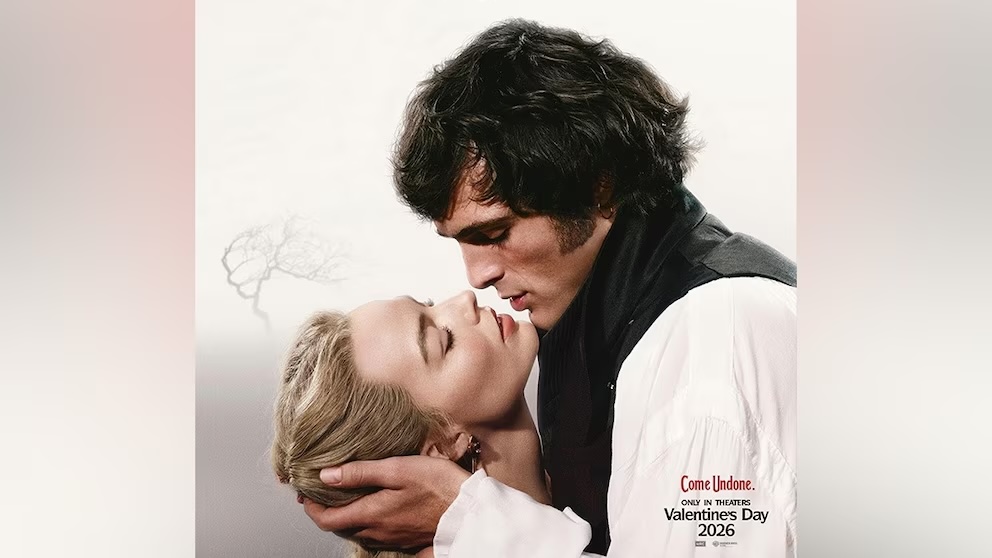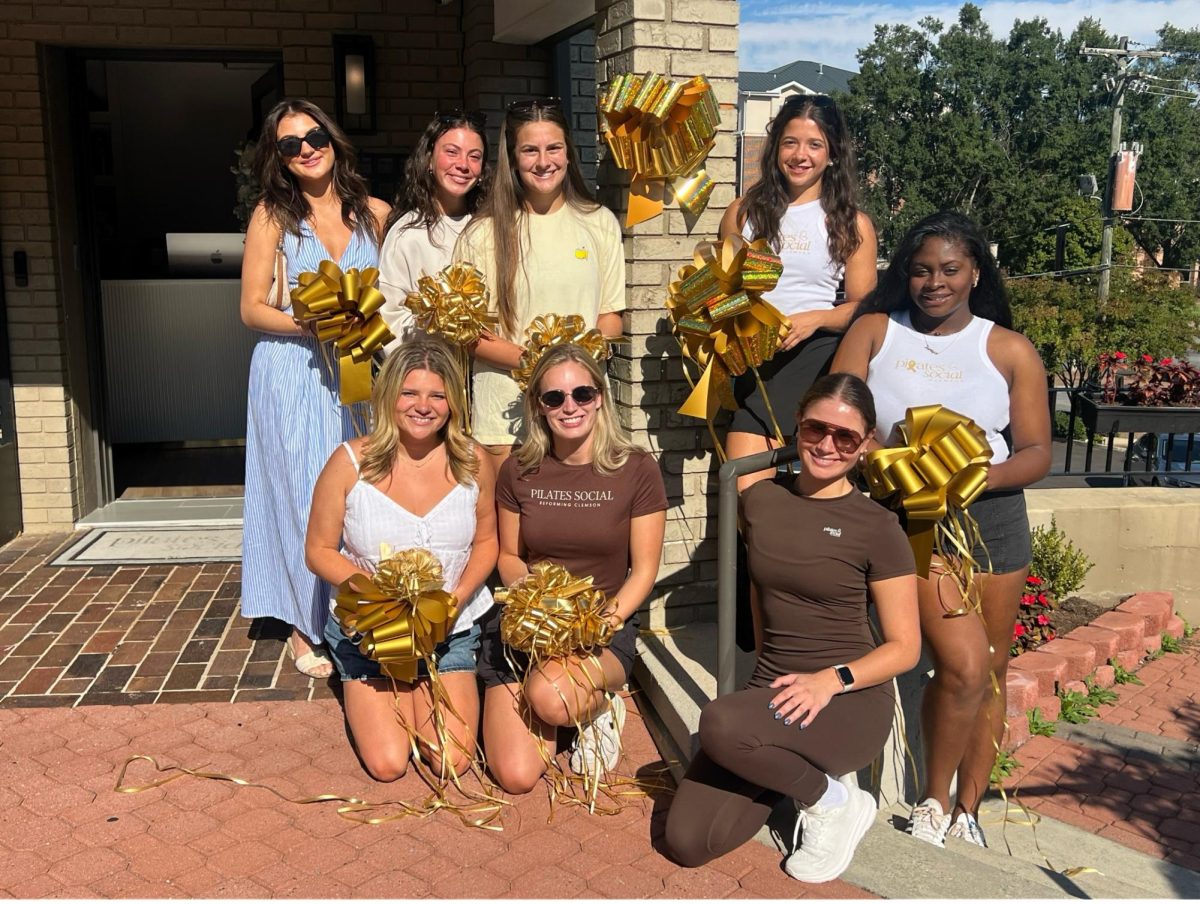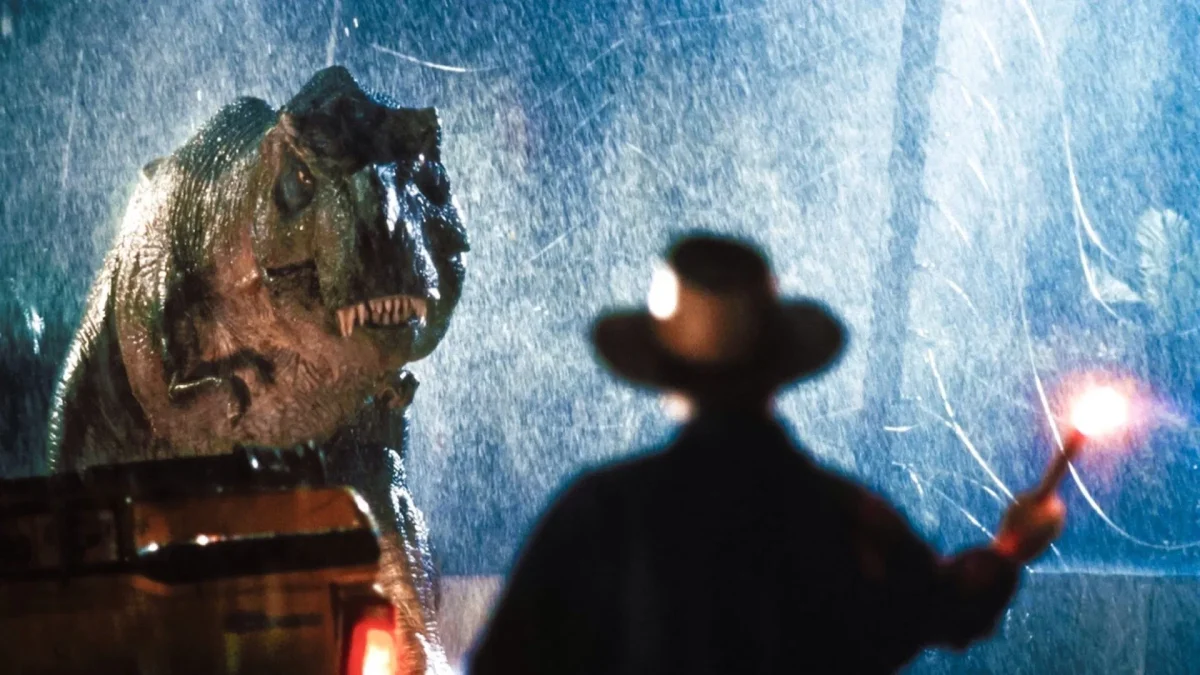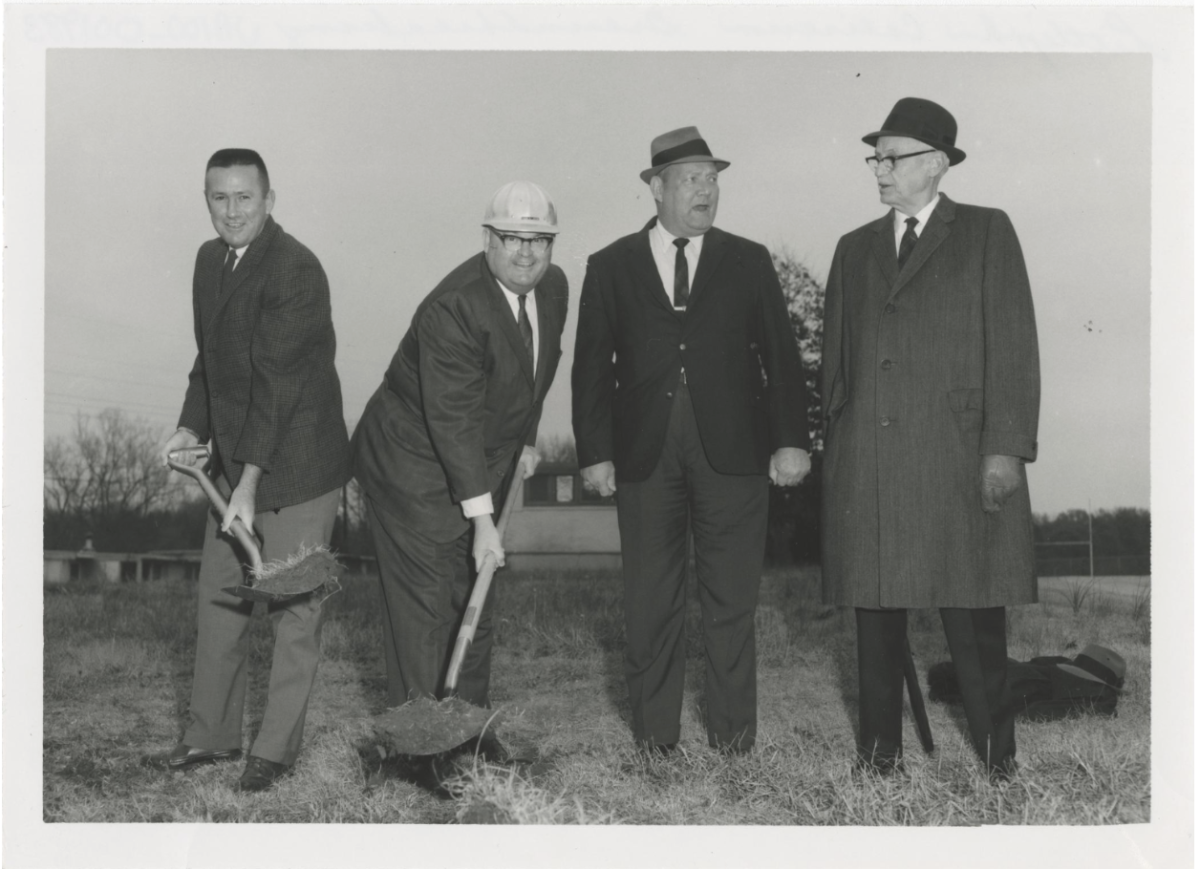As Lit Fest comes to an end and all the writers and poets stop pouring their souls into their art and emptying enough bottles of wine to fill the sea, I find myself feeling empty and alone. I have come to the conclusion with literature that once you turn the last page or read the last line in the stanza, you feel as if you have lost a friend. Despite this, I always find comfort in literature because I love getting lost in things as marvelous and wonderful as poems and prose. Literature makes me forget about my own troubles, whether they are love or life.
The best moments in reading are when you come across something that is special and particular to you. These words describe the little moments in your day that no one else can understand. No one can know what I’m thinking or how I could possibly feel. But somehow, the reading embodies everything I could say and more. The reading becomes a part of you. These are the lines and passages you underline and write in the margins about. You’re not going to forget that feeling you have once you’ve read it. Because of this, there is no friend or significant other as loyal and as special as literature.
Professor Keith Morris graced our presence this past Thursday with his beautifully written work. He is an eloquent reader who kept the room engaged, but he also has the ability to make a Camel Light more than a cigarette in his story. The cigarette, for me, was symbolic of how a relationship of mine once was. In his story, a husband believes his wife is having an affair when he finds a simple cigarette under the dishwasher. This Camel Light is more than a volatile little piece of paper filled with tobacco and hazardous chemicals. It was the beginning of this man’s doubts of his marriage and his future.
I was touched by this story because of this reason: the relationship I was holding onto was not going how I planned, and I recognized this. I knew where the conversation was going to go, so I avoided it. I knew he was losing interest and it was only a matter of time. I knew I was going to find myself alone on a rainy night watching cable TV and eating ice cream and Kit-Kats, but instead of accepting this, I held on and did not question or further investigate my growing suspicions of his distance. Likewise, the character in Professor Morris’s short story did not question his wife about the affair for chance that a divorce would ensue.
It is sometimes difficult for a short story to capture our attention and the emotions its readers are feeling; however, Professor Morris exceeded this. I was touched. I was crying. I had a moment of realization because this 30 minute reading of an excerpt from his book laid its hands on my heart. When the reading ended, I wanted to hear more. I needed to know how this husband was going to be able to go on through life knowing his wife may have had an affair or a divorce may be one conversation away.
Although I do not know how their story ends, it is still comforting because I don’t know how my story will end either. I know I can’t sit at home and avoid the truth of everything ending and having to find joy and happiness in only myself since I did everything I could do and put everything into that relationship I could have possibly put in. Sometimes a character is how you see yourself, and you don’t realize it until the very end of the last sentence or the last octet in the poem that means it’s time to move on. It’s time to move on to another story or move on to another chapter of your life.
Keith Morris has a new novel that was published eight weeks ago entitled “Travelers Rest,” and I can’t wait to get my hands on it. Just to read and to escape from reality to go into another. I thoroughly enjoyed the hour and a half spent with Clemson’s own Professor Morris. It was a wonderful beginning to a weekend overflowing with liquor and literature.
Walt Hunter: he has been a dream come true for the English department at Clemson University for me. Walt is more than an English professor; he is also a poet, creative writer and mentor. He has been and continues to light the path for me in a semester filled with obstacles and challenges. Whenever I have faltered, Walt has always there to feed me knowledge and advice and to reignite my flame and passion for English. I can never say thank you enough for all of the support, understanding and encouragement he has given. English 3100 has always been filled with warmth and laughter because of his love for literature and his faith in us. Because of this, I am forever grateful to have gotten to have him as a professor. In the beginning on the first day of class, he told us that once you have him as a professor he will always be there for you. I don’t doubt this statement for a moment, and I feel lucky to be one of his students.
During Lit Fest Friday morning, I was blessed with listening to not only Walt Hunter, but also the fellow Tigers of the English department, Jeff Fallis and Jillian Weise.
I would not have wanted to spend that hour and 15 minutes doing anything else. All three of our professors were passionate about their works, which entranced everyone. Clemson is lucky to have three mentors who are not only creative and artistic, but also inspirational.
I was truly inspired by and in awe of Professor Jillian Weise. If you have not had the privilege of listening to her speak, then you have no idea what you are missing. Her poems and her talk were honest. She did not try to be anyone she wasn’t.
She supports and believes in her cause for writing. In the end of the readings, she showed the audience videos she made. I have watched them at least ten times since leaving ASC 118 Friday morning, not only because she is witty and gives some great advice, but because her dog is the epitome of adorable.
If Clemson’s other departments have professors half as wonderful and talented as Morris, Hunter, Fallis and Weise, then we are truly blessed here at our university.
Lit Fest is over until next spring. The designated drivers have taken home the Pulitzer Prize winners after long nights of readings and open bar tabs, the volunteers and committee have taken their bows for a job well done, but this doesn’t mean we should stop the festivities. Literature is always there to be celebrated, whether we realize it or not.
And a special thank you to Walt Hunter, for always being a light to so many people.



